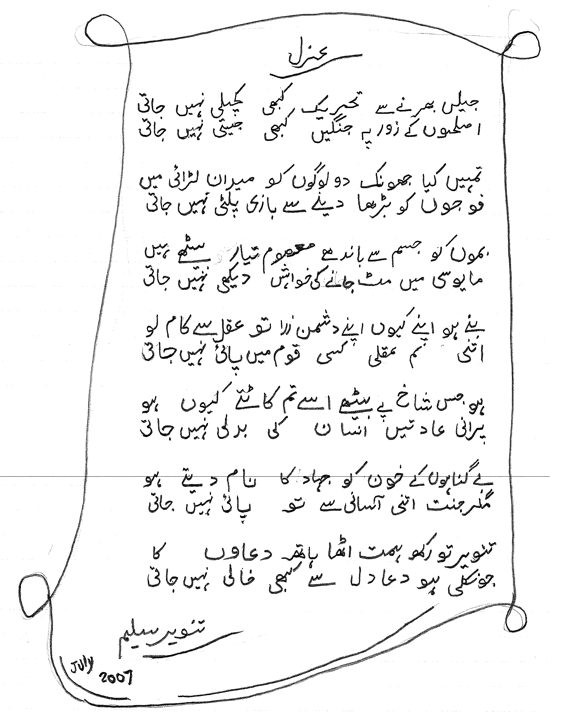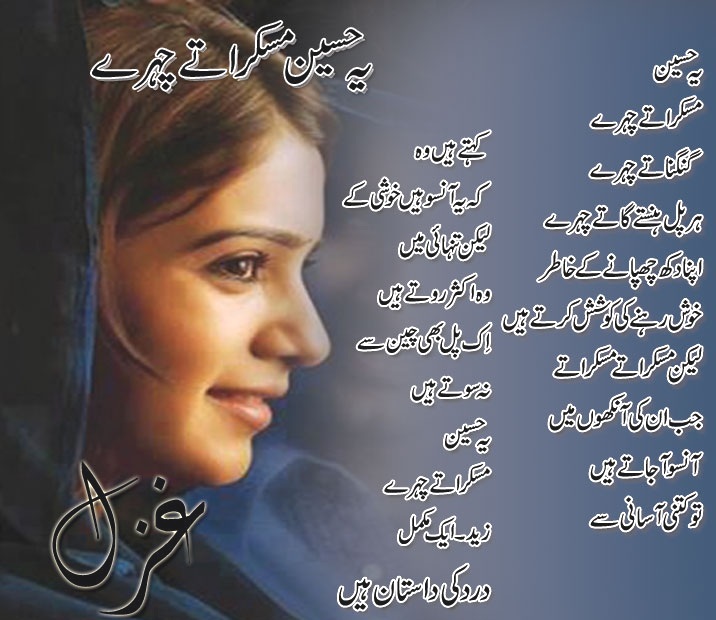
Though she was officially banned from singing live or on TV, Bano attracted a cult following, and her message and voice are still heard to this day as a symbol for revolution. While doing so, she was wearing a black sari-a traditional women’s garment prohibited by the government. The following year, Bano’s favorite poet, Faiz Ahmad Faiz, wrote a poem critical of the authoritarian ruler which Bano boldly sang before a crowd of 50,000 at a Lahore stadium in 1985. In 1977, President Zia ul-Haq seized power and imposed martial law, strictly censored the press, and suspended political parties in Pakistan. In 1974, the Pakistani government honored Bano with the Presidential Award for Pride of Performance. A regular performer at the Jashn-e-Kabul cultural festival in Kabul, her powerful vocals once inspired King Zahir Shah of Afghanistan to give her a golden vase. She sang on Radio Pakistan, provided vocals as a playback singer for popular movies, and attracted large crowds to her live concerts.īano sang in both Urdu and Farsi, earning admirers in Iran and Afghanistan, as well as India and Pakistan. In 1952, she moved to Pakistan and married a man who vowed to support her musical career, allowing her great freedom for a female artist at the time. Bano is also often notably remembered for her defiant performance of protest poetry by the exiled Nobel-nominee Faiz Ahmed Faiz. Born on this day in 1938 in Delhi, British India, Bano studied with Ustad Chand Khan, a master of classical Indian vocals, and began singing on All India Radio as a teenager.



Today’s Doodle, illustrated by Karachi-based guest artist Samya Arif, celebrates Pakistani singer Iqbal Bano, famous for singing ghazal and nazm, forms of lyrical Urdu poetry.


 0 kommentar(er)
0 kommentar(er)
